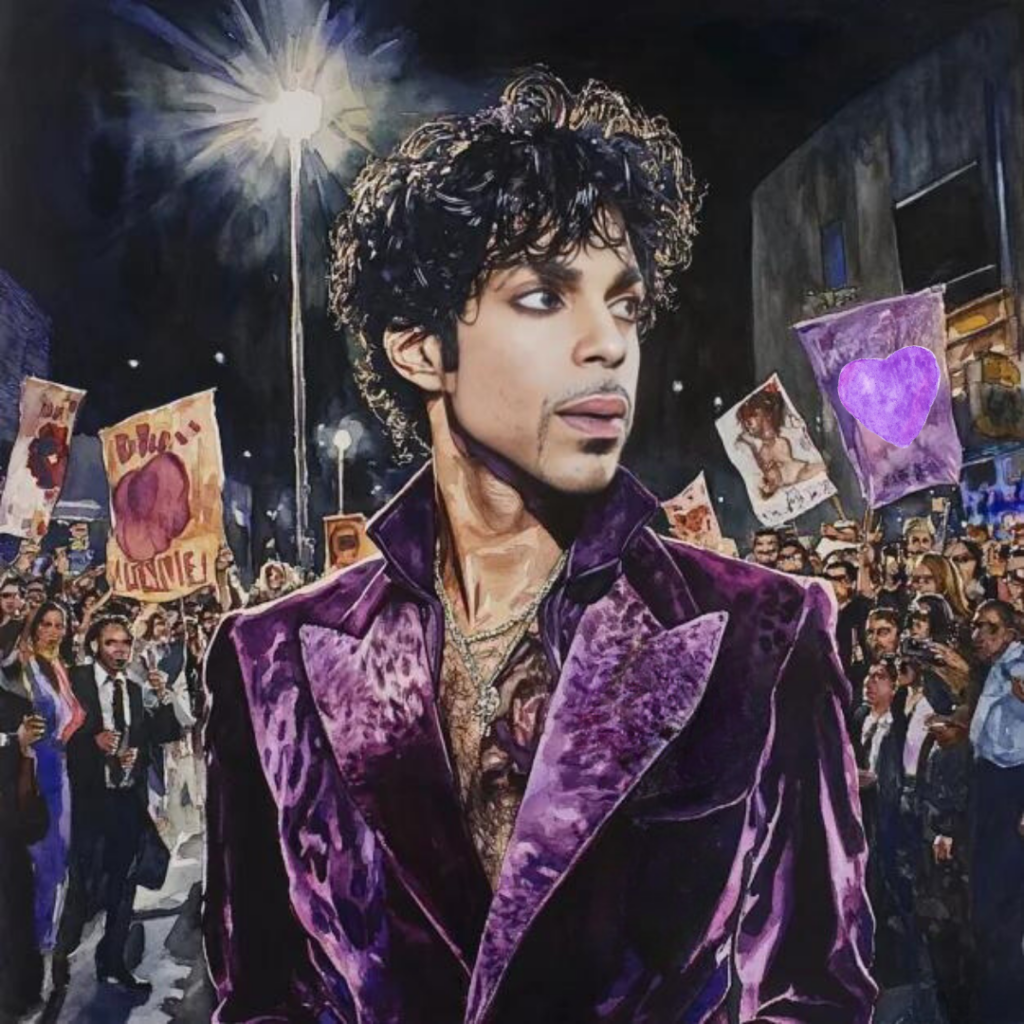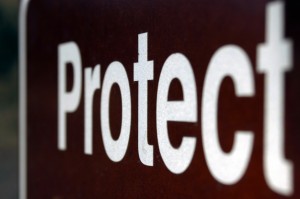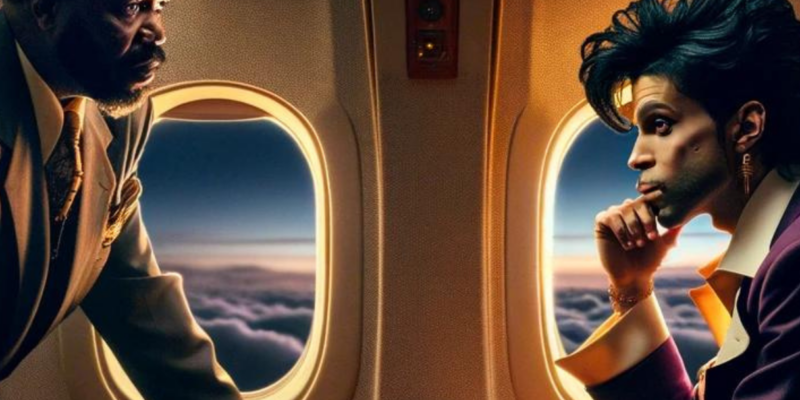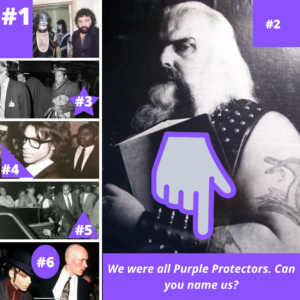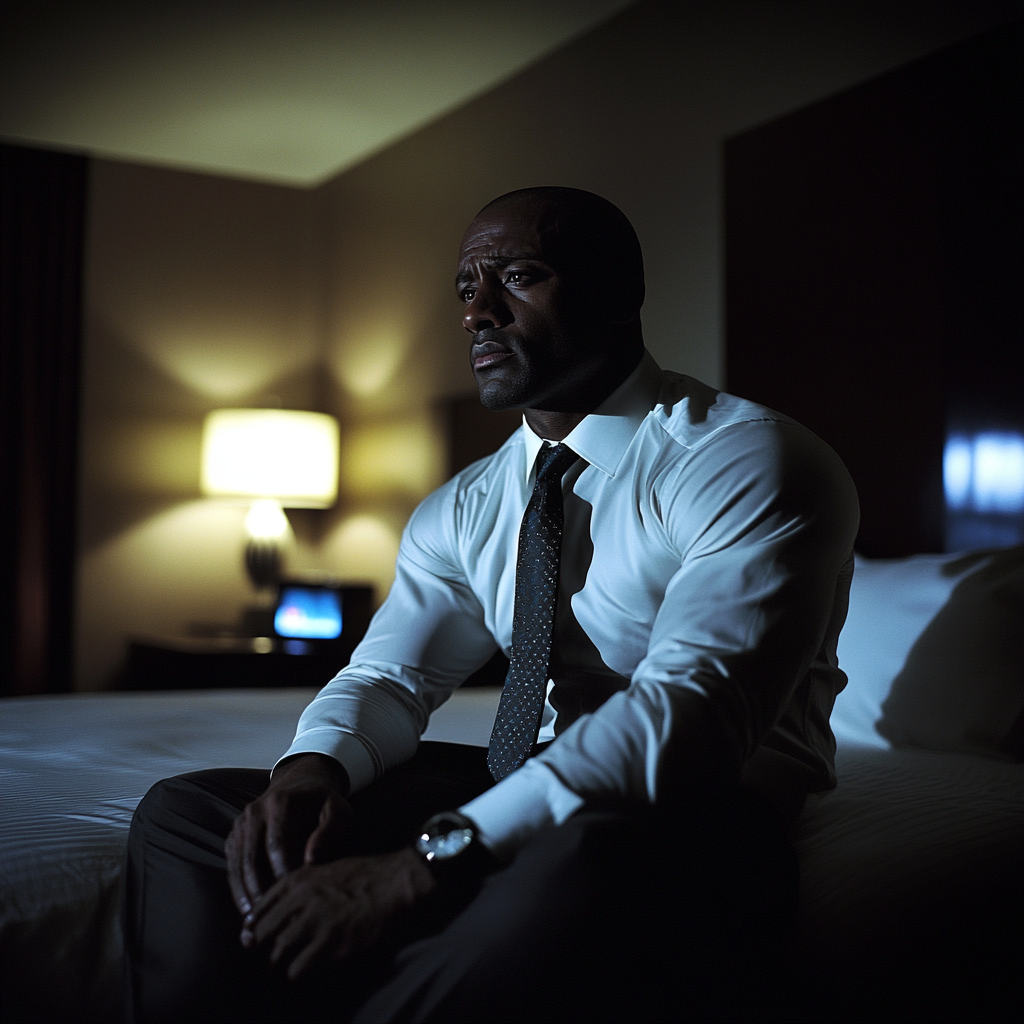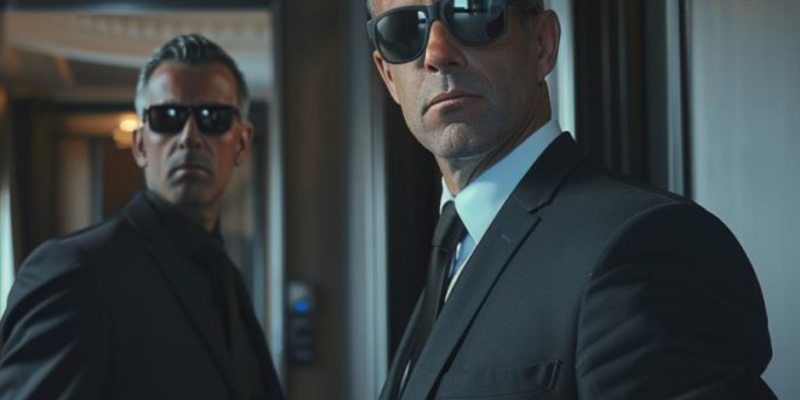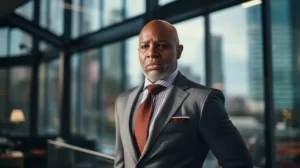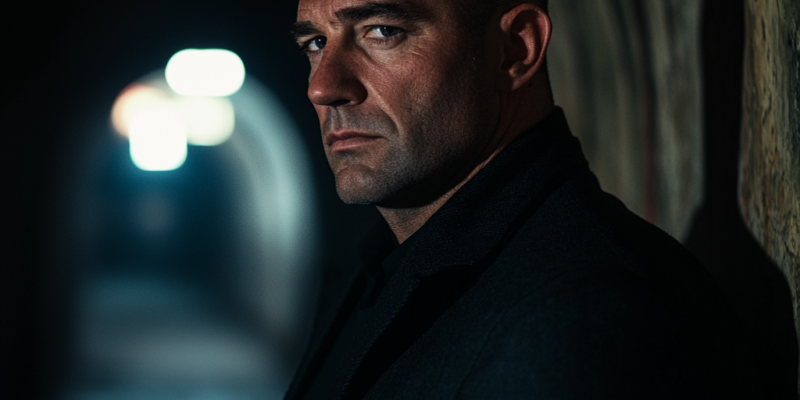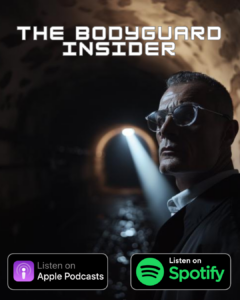
By Jordan Gonzalez
The executive protection industry continues to expand rapidly, driven by global uncertainty, increased demand in the private sector, and the growing exposure of public figures and high-net-worth individuals. With growing opportunities comes competition, and the most important step for anyone looking to enter the industry is selecting the right training program.
Whether you’re transitioning from the military or law enforcement or starting fresh, where you choose to receive your foundation training will shape your career path. Not every program offers the same level of quality training, industry access, and long-term value. At Pacific West Academy, we’ve developed a program that not only meets industry standards but sets them.
Here are some things you should look for when choosing the right EP program.
Real World, Scenario-Based Training
Theory-based training has its place, but the executive protection industry is a hands-on, high-risk profession. We believe that the best training is learned through repetition, realism, and stress inoculation. That’s why our 10-week Certified Executive Security Specialist (CESS) program immerses students in real-world scenarios.
From Emergency Vehicle Operations Course (EVOC) and Tactical Emergency Casualty Care (TECC), and combatives, our students get hands-on training. Every one of our modules is taught by experienced professionals who bring their experience from the field to the classroom.
These leaders don’t just teach students how to run operations, they teach them how to lead one.
Alignment With Industry Standards and Certifications
Our training program covers more than the fundamentals of executive protection. Our CESS programs include the following courses needed to excel in the industry:
Tactical Emergency Casualty Care (TECC)
Emergency Vehicle Operations Course (EVOC)
Advanced Firearms Training
Surveillance and Counter-Surveillance
Protective Intelligence and Threat Assessment
Residential and Corporate Security
Our program is designed to match and often exceed the current industry standards.
PWA’s curriculum is regularly reviewed and updated to reflect current industry practices, operational realities, and the integration of soft skills such as client communication, discretion, and professional demeanor.
Industry Connections and Career Pathways
The key factor that sets our academy apart is our direct relationship to the executive protection industry. We don’t just train protectors — we launch careers.
Our staff and instructors maintain active relationships with security firms, risk management companies, and corporate security teams.
Using our alumni network and industry partners, we regularly assist our graduates with job placement, interview preparation, and resume support.
Our students have the opportunity to get hired immediately after graduating — some even receive offers during their training.
Our connection to the field is critical to our students’ employment opportunities after they graduate.
Professional Development and Personal Growth
Executive protection is more than just tactics — it’s about discipline, integrity, and leadership under pressure. Our academy was designed to develop the professional, not just the skillset. We’ve witnessed how our students grow, not only in skill but in confidence. Veterans who attend our program find a sense of renewed purpose. Career changers develop new skills. And for many, it’s a life-changing experience.
Throughout our program, our instructors emphasize:
Accountability
Teamwork
Resilience
Self-discipline
Character building
We hold our students to the same high standard that the industry and clients would expect from them, and in return, they graduate prepared to lead.
Alumni Support and Long-Term Success
The Pacific West Academy doesn’t just end at graduation. Our support continues through:
Job placement assistance
Resume building and interview coaching
Access to an active alumni network
Ongoing mentorship and resources
Our graduates leave our academy and begin careers in executive protection, estate security, corporate teams, private military contracting, and more. We’re proud to say that our alumni are serving around the world, and many come back to mentor the next generation.
Final Thoughts: Why Pacific West Academy Sets the Standard
If you’re serious about starting a career in executive protection, don’t settle for just any program. Choose the school that invests in your future, pushes your limits, and connects you with industry opportunities.
At Pacific West Academy, we are proud to offer a program that does everything to ensure our students are prepared for success. Our goal isn’t just to train you — it’s to transform you into a capable, professional, and respected asset in the industry.
Disclaimer: This article may contain affiliate links, which means we may earn a small commission. We only recommend programs we trust and believe in



